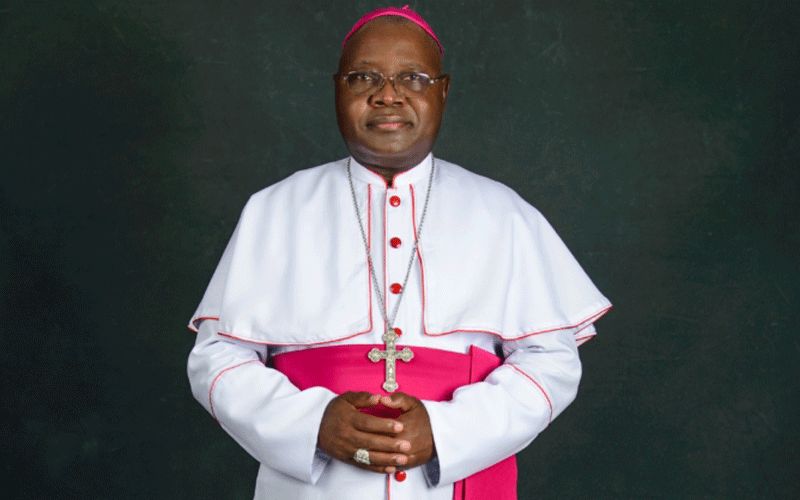Making a distinction between “spiritual persons” and “unspiritual persons,” the Nigerian Archbishop who will turn 62 at the end of this month said, "The spiritual persons will make good use of even the inconveniences and misfortunes of this life, growing in patient endurance, hope, and charity. The unspiritual persons will simply grow more bitter, resentful, suspicious and ill-tempered by the same experience."
He underscored, "We are spiritual, so, let us learn our lessons from this global calamity about our common humanity, the fragility of our lives and to rediscover the things that really matter."
Nigeria, Africa’s most populous nation, has recorded at least 28,711 confirmed cases of COVID-19 including 645 fatalities and 11,665 recoveries.
The country had put in place a raft of measures to minimize the risk of infections including a ban on public gatherings, inter-State travel lockdown, and a dusk-to-dawn curfew among other restrictions.
While religious gatherings have been allowed with a limited number in the West African nation, the restriction on accessing places of worship is still in place in the country’s largest city, Lagos, a matter that the Local Ordinary of Lagos, Archbishop Alfred Adewale Martins, has lamented about.
The inter-State travel ban was also lifted. Institutions of higher learning and secondary schools are expected to reopen alongside airports for domestic flights. Meanwhile, primary and kindergarten schools are to remain closed.
In his July 5 address at the Interdenominational Prayer Service, Archbishop Kaigama encouraged maintaining a personal relationship with God in prayer saying, in reference to God, “He is our refuge, our stronghold, our rock, our shield, our mighty help, our fortress and our savior. Without daily connecting to Him in prayer we will either be too full of ourselves or too empty of energy, inflated or depressed.”
He added, "It is said that there are no hopeless situations; there are only people who have grown hopeless and prayer-less about their situations.”
The Nigerian Archbishop also expressed his appreciation for the efforts undertaken by the leadership of the Nigeria Inter-Religious Council (NIREC) to inspire and encourage “Christians and Muslims in Nigeria, each according to their faith tradition to fast and pray to seek God’s intervention for the defeat of the COVID-19 disease.”
“This positive intervention is what the adherents of the two major religions, Christianity and Islam need to do more often, to always seek areas of collaboration to promote social harmony, progress and peaceful co-existence,” Archbishop Kaigama added.








